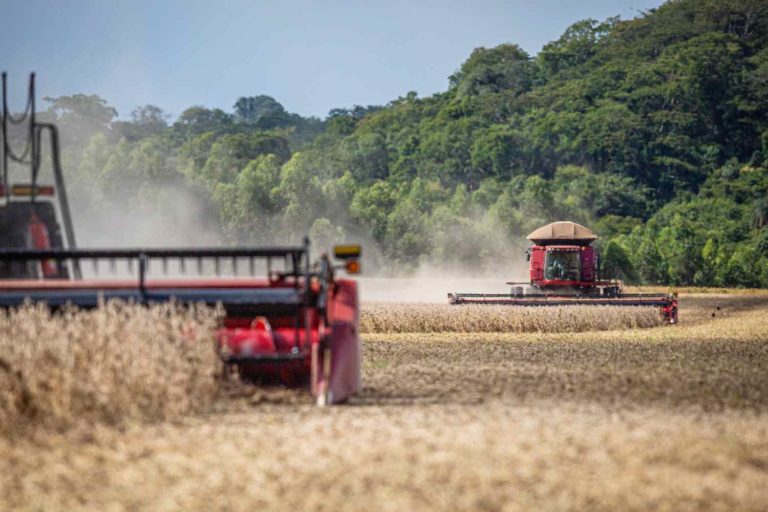Brasilseg is planning to share the risk of its agribusiness policies with more reinsurers to minimize the global spike in prices in the sector, in the wake of climate setbacks, including the drought that broke crops in the south of the country in 2022.
According to the company’s president, Rogério Idino, there is a large volume of contracts in the rural segment expiring in March and Brasilseg, linked to Banco do Brasil, is demanding better conditions for renewal.
“The conversations with reinsurers are being hot,” Idino said in an interview with Reuters. “We are going to ask for a price review”, he added, assessing that the prospect of lower loss ratio should weigh in the negotiations.

The comments come at a time when the insurance industry in Brazil and around the world is facing one of its toughest moments in decades, with reinsurers raising rates on key lines of business by up to 200% from January 1, following global losses from natural catastrophes reaching about US$112 billion in 2022.
As a result, insurers including Brasilseg are seeking a more dispersed risk sharing in order to be less exposed to the risk of not receiving payment from any reinsurer, should an indemnity claim be triggered.
In order not to be exaggeratedly vulnerable to one-off losses, insurers normally pay reinsurers to buy a portion of the risks, which in this case may represent 70% to 90% of the insured amount, according to Idino. Reinsurers, in turn, also share these risks with competitors.
This structure, however, did not prevent some of them from being more directly affected by acute episodes in 2022, including the war in Ukraine and the effects of Hurricane Ian, in Florida (USA).
Even with the more adverse global scenario, in comparative terms Brazil has gained attractiveness from global players, among other factors because the war has led some of them to leave markets such as Russia and Ukraine, preferring other emerging countries.
IRB Brasil, the largest in the sector in the country and which has been the target of distrust in the market, given the succession of losses that weakened its financial strength, has faced greater competition from rivals such as Allianz and Zurich.
“Some reinsurers are concerned with maintaining or increasing market share,” said the executive.
According to Idino, given this scenario, Brasilseg has used its status as agribusiness insurance leader in negotiations, with around 60% of the market in the country, a position extended in recent months with sales above the market average.
On the other hand, the new policies being issued in the sector are also undergoing “refinement”, with a reduction in the level of coverage and the maximum indemnity limit for policyholders, he said. Since July, the company started to sell products that give customers more autonomy in choosing the coverage to be contracted. “Throughout this year, we have plans to include specific coverage for certain crops and producer profiles,” he added.
Agribusiness led Brasilseg’s sales in 2022 until November, with a 53.5% increase in total policies over a year earlier. Meanwhile, the loss ratio began to fall in the accumulated until September, after a peak at the beginning of the year.
With information from Forbes

